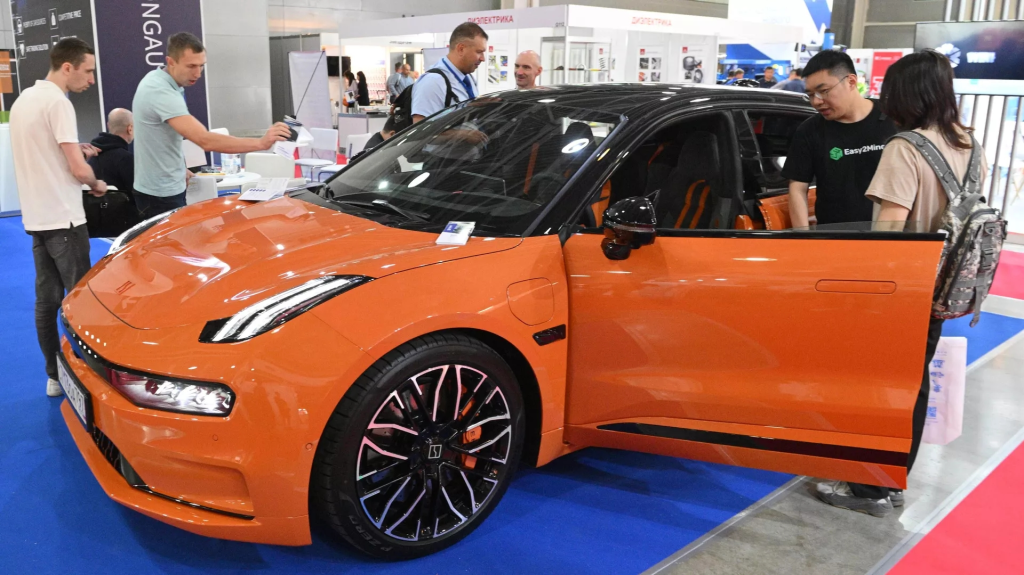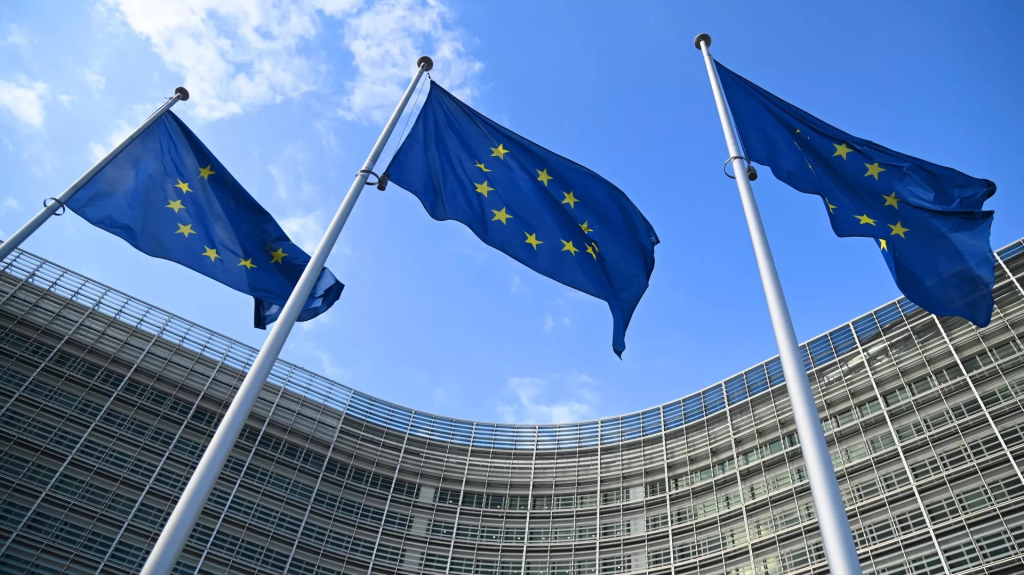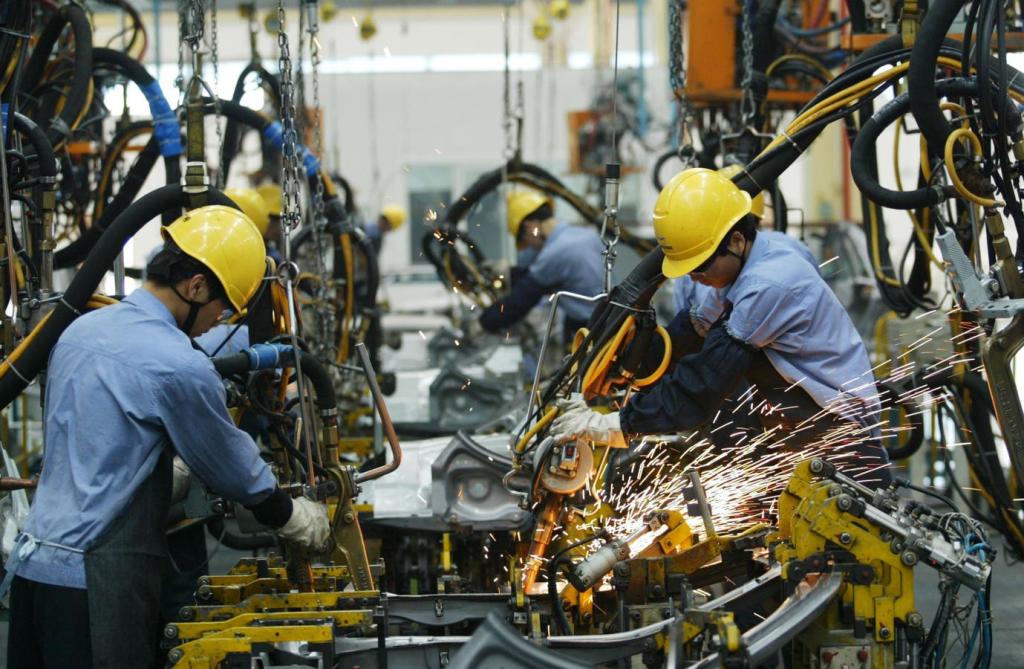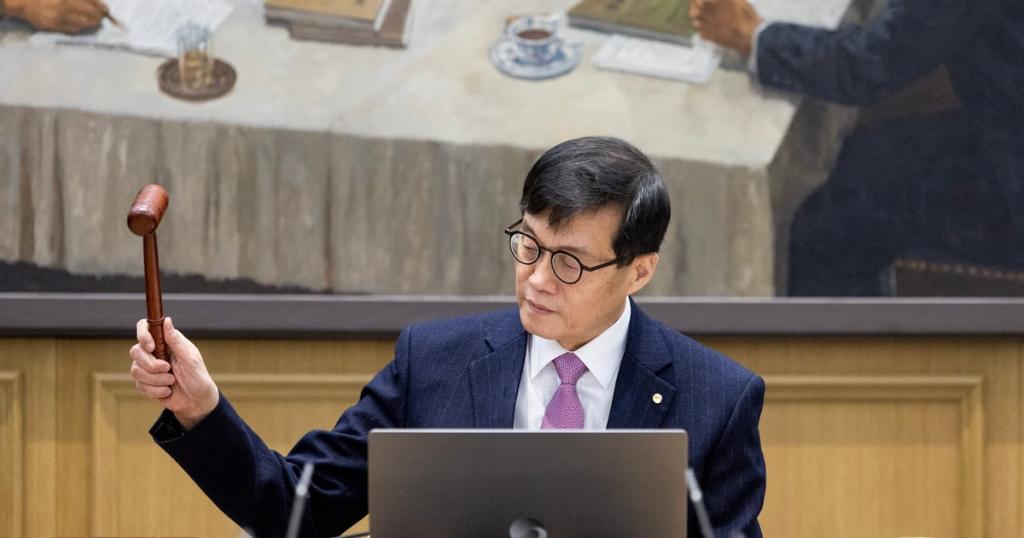China-EU Trade Tensions Rise Over Electric Vehicle Tariffs
China's bold response to EU electric vehicle tariffs ignites a trade conflict that could reshape the future of global automotive markets.

Key Points
- The EU has imposed tariffs up to 35.3% on Chinese electric vehicles, citing unfair subsidies as the primary reason.
- China has responded by filing a formal complaint with the WTO, arguing that the tariffs are an act of trade protectionism.
- Ongoing discussions between China and the EU may provide opportunities for negotiation and cooperation in the electric vehicle sector.
In a bold move that underscores the ongoing tensions in international trade, China has lodged a complaint with the World Trade Organization (WTO) in response to the
's (EU) recently imposed tariffs on Chinese electric vehicles (EVs). This development marks another chapter in a burgeoning trade conflict that is reshaping global automotive markets and the dynamics of EV production. As both sides engage in a tit-for-tat exchange, it’s clear that the stakes are high, not just for the countries involved, but for the global shift towards sustainable technology.
Understanding the Tariff Landscape
The EU's decision to impose tariffs as high as 35.3% on Chinese electric vehicles is primarily framed as a response to alleged unfair subsidies that favor Chinese manufacturers. According to the European Commission, such subsidies have allowed the Chinese EV industry to sell vehicles at artificially low prices, adversely affecting European manufacturers. This rationale has sparked significant backlash from Beijing, which accuses the EU of “trade protectionism” and asserts that the tariffs unfairly target its thriving automotive sector.

The Impact of Tariffs on EV Markets
As the EU's tariffs took effect, the implications began to ripple through the automotive industry. Major Chinese manufacturers, such as BYD and Geely, now face increased costs for exporting their products to one of the largest markets in the world, while companies like Tesla, which has production facilities in China, also find themselves affected by these developments. The EU's actions may signal a long-term shift in how trade regulations will be applied to technology and green energy sectors. This showcases Europe's commitment to protecting its market, yet it also highlights the risk of a fragmented global supply chain for electric vehicles, which relies heavily on collaboration and innovation across borders.
China’s Reaction: A Call for Cooperation
In response to the EU’s measures, China has expressed firm opposition, vowing to protect its domestic industry. The Chinese government claims that these tariffs lack a factual basis and violate WTO rules, prompting Beijing to escalate its grievances through formal channels. The recent complaint submitted to the WTO reflects not only the immediacy of the situation but also China’s strategic intentions to maintain a competitive edge in the global EV market.

Furthermore, China’s Commerce Ministry has indicated it will also pursue investigations into European products such as brandy and pork, hinting at potential retaliatory actions that could further strain relations. This back-and-forth dynamic serves as a reminder of the complex interdependencies within international trade, especially regarding emerging technologies.
A Broader View: The Future of Electric Vehicles
Amidst these conflicts, the future of electric vehicles remains a focal point for both regions. Europe has set stringent targets for reducing carbon emissions and increasing the adoption of green technologies. In contrast, China is rapidly growing its domestic EV market, already becoming the largest in the world, with over half of all vehicles sold being electric or hybrid. This environment of fierce competition, paired with a shared goal of transitioning to renewable energy, poses an opportunity for both sides to find common ground.

Moving Forward: The Path to Resolution
As both China and the EU grapple with the implications of these tariffs, the possibility of dialogue and negotiation still exists. Recent discussions between the two parties illustrate a willingness to explore price commitments and other frameworks that could mitigate the conflict without permanent tariffs. Both sides recognize that cooperation may lead to a more stable global supply chain and enhance technological advancement in the EV sector, ultimately benefiting consumers and the environment alike.
As we navigate these complex issues, it's crucial to recognize that the ongoing trade disputes may serve as a catalyst for greater innovation and collaboration in the long run. The outcome of this trade showdown could redefine the future landscape of electric vehicles, setting the pace for a greener world.


